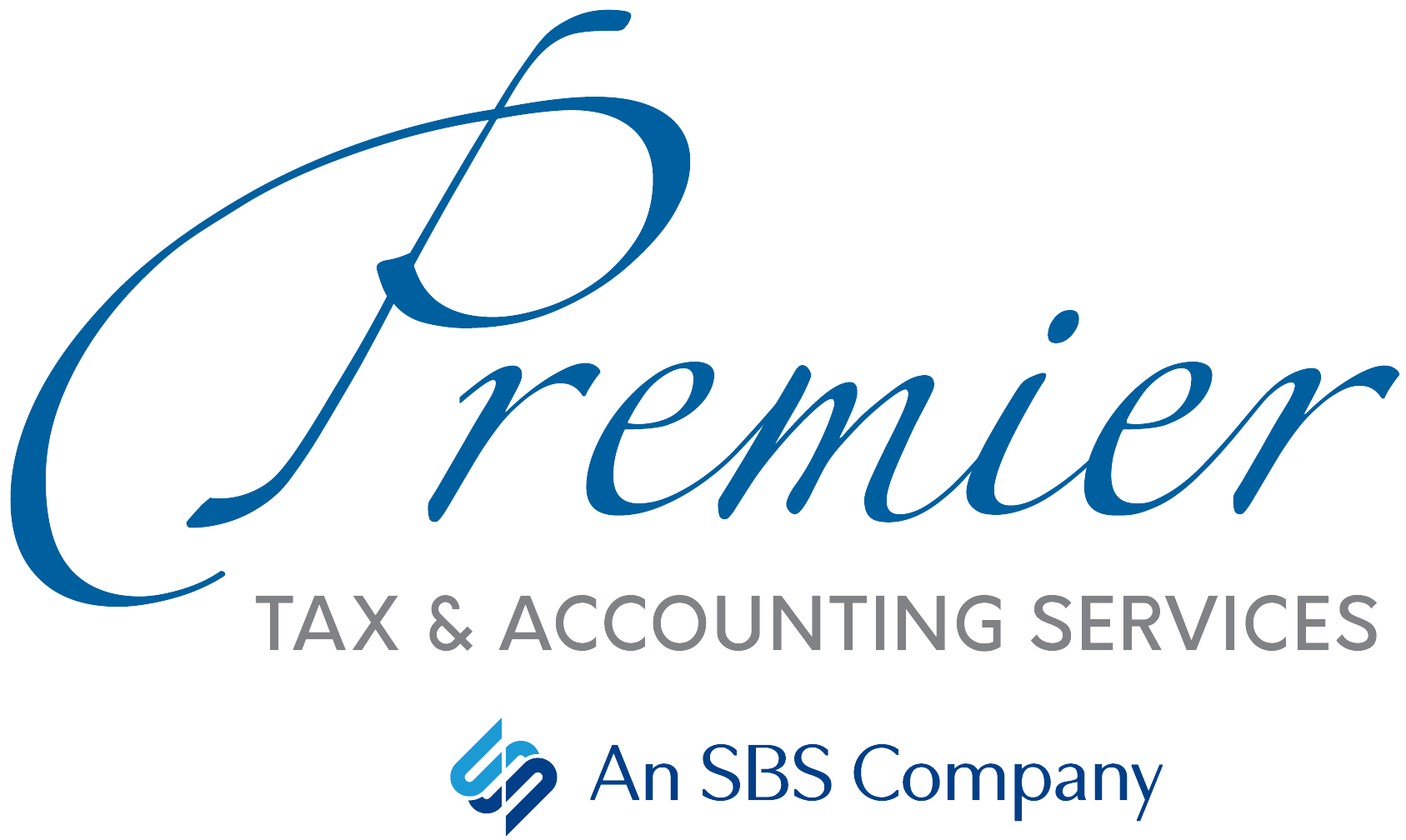When the Tax Cuts and Jobs Act (TCJA) was passed in 2017, it changed the way charitable contributions were handled at tax time. Basically, you can only deduct donations to charity if you itemize your deductions. And the TCJA makes itemizing less enticing for most taxpayers.
With the CARES (Coronavirus Aid, Relief, and Economic Security) Act, passed in April 2020, a certain portion of your charitable contributions may now be deductible for tax year 2020.
What Has Changed
#1 — Taxpayers who do NOT itemize deductions may now take a charitable deduction of up to $300 for cash contributions made in 2020 to qualifying organizations. Qualifying organizations include:
- Religious
- Charitable
- Educational
- Scientific
- Literary
To make sure the organization qualifies, you can check its status on the IRS’ “Tax Exempt Organization Search” page here.
#2 — The CARES Act also suspends limits on charitable contributions. Previously, the amount of charitable cash contributions you could deduct on Schedule A as an itemized deduction was limited to a percentage (typically 60%) of your adjusted gross income. To qualify, however, the contribution must be:
- a cash contribution;
- made to a qualifying organization; and
- made during the calendar year 2020.
#3 — The CARES Act temporarily increases limits on contributions of food inventory. This special rule allows enhanced deductions by businesses for contributions of food inventory for the care of the ill, needy or infants. For contributions of food inventory in 2020, business taxpayers may deduct qualified contributions of up to 25% (previously 15%) of their aggregate net income from all trades or businesses from which the contributions were made or up to 25% of their taxable income.
Don’t Forget About Qualified Charitable Distributions
Did you know that if you are 70½ or older, you can make a qualified charitable distribution from your IRA – up to $100,000 – directly to an eligible charity? This is generally a nontaxable distribution made by the IRA trustee to the charitable organization of your choice. What’s more, this qualified charitable distribution counts toward your minimum distribution requirement for the year.
We Can Help
Not sure whether you qualify for a charitable deduction? Just provide us with all your tax information and receipts come tax-time next year, and we’ll make sure you’re taking advantage of every deduction possible. As always, please feel free to contact us with questions.
SBA Will Require PPP Loan Necessity Form from Large Borrowers
Businesses and nonprofits that received $2+ million Paycheck Protection Plan (PPP) loans are required to complete a loan necessity questionnaire. The new forms (one for businesses and one for nonprofits) are designed to collect supplemental information to evaluate the good-faith certification PPP borrowers made that economic uncertainty made their loan request necessary.
 The forms are SBA Form 3509, Paycheck Protection Program Loan Necessity Questionnaire (For-Profit Borrowers) (PDF here), and SBA Form 3510, Paycheck Protection Program Loan Necessity Questionnaire (Non-Profit Borrowers) (PDF here). They will be sent from the lender to the borrower, who will then have 10 business days to return the completed form and supporting documents. Warnings on the new forms say that, “failure to complete the form and provide the required supporting documents may result in SBA’s determination that you were ineligible for either the PPP loan, the PPP loan amount, or any forgiveness amount claimed, and SBA may seek repayment of the loan or pursue other available remedies.”
The forms are SBA Form 3509, Paycheck Protection Program Loan Necessity Questionnaire (For-Profit Borrowers) (PDF here), and SBA Form 3510, Paycheck Protection Program Loan Necessity Questionnaire (Non-Profit Borrowers) (PDF here). They will be sent from the lender to the borrower, who will then have 10 business days to return the completed form and supporting documents. Warnings on the new forms say that, “failure to complete the form and provide the required supporting documents may result in SBA’s determination that you were ineligible for either the PPP loan, the PPP loan amount, or any forgiveness amount claimed, and SBA may seek repayment of the loan or pursue other available remedies.”
The nine-page forms each include 21 questions, many of which have multiple parts and require supporting documents. If you need assistance completing Form 3509/3510, please contact us as soon as you receive it. We can help you put the reasoning behind your PPP application into the context of the pandemic’s early days, when the length and severity of business shutdowns were unknown.
Source: AICPA
Money Brief: PPP Loan Expenses
Because Congress did not enact specific legislation affecting expenses related to Paycheck Protection Program (PPP) loans, the Treasury and IRS has clarified the tax treatment of those expenses:
- If you took out a PPP loan that has been forgiven or you expect to be forgiven, then your expenses related to the loan are NOT deductible (whether you have filed for forgiveness or not).
- If your PPP loan has not or will not be forgiven, then you will be able to deduct related expenses.
The reasoning: Since businesses are not taxed on the proceeds of a forgiven PPP loan, the expenses are not deductible. The Treasury is encouraging businesses to file for forgiveness sooner rather than later.
Money Brief: Tax Deductions
In an update to the Tax Cuts and Jobs Act’s $10,000 cap on state and local tax deductions, the IRS issued regulations earlier this month (Notice 2020-75) regarding taxes paid by Partnerships and S-Corps. Essentially, state and local taxes will be allowed as a deduction in computing the Partnership’s or S-Corps’ non-separately stated taxable income or loss, and are therefore NOT subject to the state and local tax deduction limitation for partners and shareholders who itemize deductions. Taxpayers can apply these rules to a tax year ending after December 31, 2017.
Money Brief: Taxpayer Relief
The IRS announced a Taxpayer Relief Initiative to help taxpayers who owe taxes but are struggling financially due to the pandemic. These initiatives include:
- Taxpayers who qualify for a short-term payment plan may now have up to 180 days to resolve their tax liabilities instead of 120 days.
- The IRS is offering flexibility for some taxpayers who are temporarily unable to meet the payment terms of an accepted Offer in Compromise.
- The IRS will automatically add certain new tax balances to existing Installment Agreements, for individual and business taxpayers who have gone out of business.
- Certain qualified individual taxpayers who owe less than $250,000 may set up Installment Agreements without providing a financial statement if their monthly payment proposal is sufficient.
- Some individual taxpayers who only owe for the 2019 tax year and owe less than $250,000 may qualify to set up an Installment Agreement without a notice of federal tax lien filed by the IRS.
- Qualified taxpayers with existing Direct Debit Installment Agreements may be able to use the Online Payment Agreement system to propose lower monthly payment amounts and change their payment due dates.
While tax relief is not automatic, taxpayers can request additional payment relief via a variety of other, existing options, including:
- Contacting the IRS to request temporarily delaying collection if they are currently unable to pay.
- Submitting an Offer in Compromise to request settling their tax bill for less than the amount they owe.
- Requesting relief from penalties with reasonable cause assistance and first-time penalty abatement relief.
- Requesting payment plans, such as Installment Agreements, through irs.gov.



